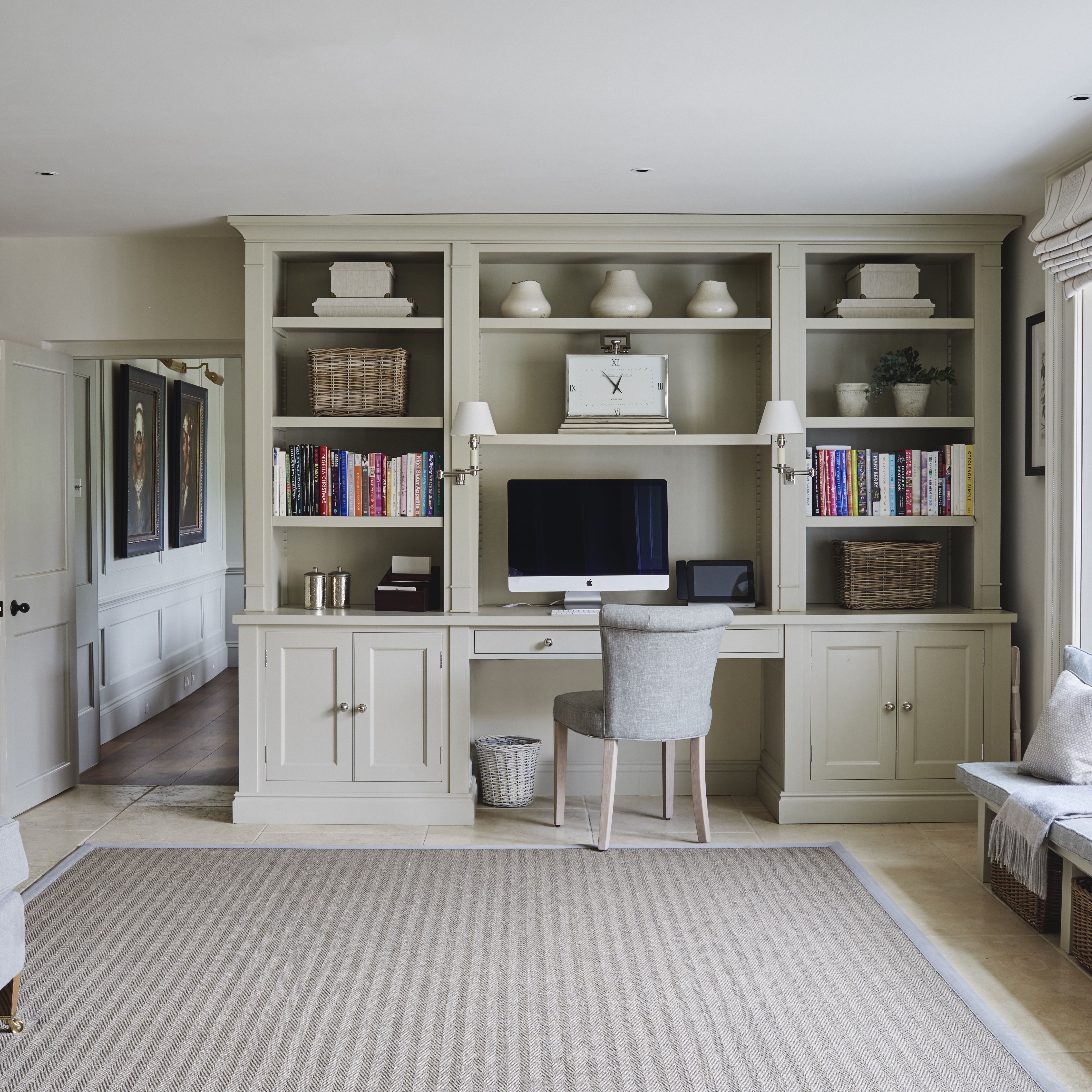Office furnishings is an essential element of any work environment, offering both practical support and enhancing the comfort, aesthetics, and productivity of the staff. From workstations and seating to filing cabinets and conference tables, selecting appropriate furniture can greatly affect both staff wellness and the efficiency of daily operations.
Workstations like desks are central to employees' daily tasks. Whether within open-Office desk layouts or private workstations, desk design and functionality impact productivity. Adjustable standing desks have become popular in recent years, since they allow flexibility, enabling staff to alternate between sitting and standing, leading to enhanced focus and reduced exhaustion. L-shaped desks or corner desks offer additional surface area, ideal for those handling multiple monitors or who need space for paperwork and equipment.
A vital piece of office furniture is the chair. Ergonomically designed chairs are crucial for preventing discomfort and long-term health issues, such as back and neck pain. Key elements such as height adjustability, lumbar support, and ventilated fabrics are important for maintaining comfort during extended periods of sitting. Executive chairs come with additional padding and enhanced features for managers, while task seating is typically more common for general office work.
Adequate storage solutions are important to ensure a clean and organized workspace. Filing cabinets, bookshelves, and mobile pedestals help manage paperwork, office supplies, and personal items. In contemporary workplaces, modular storage systems provide flexibility, enabling offices to reconfigure storage according to changing needs.
Workplace furniture isnt limited to personal desks. Meeting tables, seating for boardrooms, and shared workstations are vital for teamwork and communication. Selecting modern, comfortable, and spacious furniture for meetings creates a professional yet warm meeting space, promoting engagement and innovative thinking during discussions.
Office furniture design contributes to the reflection of a companys identity and culture. Sleek, modern furniture gives a contemporary feel, while classic wood-based designs communicate reliability and professionalism. Moreover, the choice of colors and materials can affect both mood and work efficiency, with lighter tones promoting calmness and darker colors giving a sense of authority.
Workplace furniture goes beyond mere function; it plays a pivotal role in boosting comfort, efficiency, and overall performance. Choosing ergonomic, flexible, and stylish furnishings can significantly enhance the work environment, leading to a more satisfied and productive workforce.
Workstations like desks are central to employees' daily tasks. Whether within open-Office desk layouts or private workstations, desk design and functionality impact productivity. Adjustable standing desks have become popular in recent years, since they allow flexibility, enabling staff to alternate between sitting and standing, leading to enhanced focus and reduced exhaustion. L-shaped desks or corner desks offer additional surface area, ideal for those handling multiple monitors or who need space for paperwork and equipment.
A vital piece of office furniture is the chair. Ergonomically designed chairs are crucial for preventing discomfort and long-term health issues, such as back and neck pain. Key elements such as height adjustability, lumbar support, and ventilated fabrics are important for maintaining comfort during extended periods of sitting. Executive chairs come with additional padding and enhanced features for managers, while task seating is typically more common for general office work.
Adequate storage solutions are important to ensure a clean and organized workspace. Filing cabinets, bookshelves, and mobile pedestals help manage paperwork, office supplies, and personal items. In contemporary workplaces, modular storage systems provide flexibility, enabling offices to reconfigure storage according to changing needs.
Workplace furniture isnt limited to personal desks. Meeting tables, seating for boardrooms, and shared workstations are vital for teamwork and communication. Selecting modern, comfortable, and spacious furniture for meetings creates a professional yet warm meeting space, promoting engagement and innovative thinking during discussions.
Office furniture design contributes to the reflection of a companys identity and culture. Sleek, modern furniture gives a contemporary feel, while classic wood-based designs communicate reliability and professionalism. Moreover, the choice of colors and materials can affect both mood and work efficiency, with lighter tones promoting calmness and darker colors giving a sense of authority.
Workplace furniture goes beyond mere function; it plays a pivotal role in boosting comfort, efficiency, and overall performance. Choosing ergonomic, flexible, and stylish furnishings can significantly enhance the work environment, leading to a more satisfied and productive workforce.
